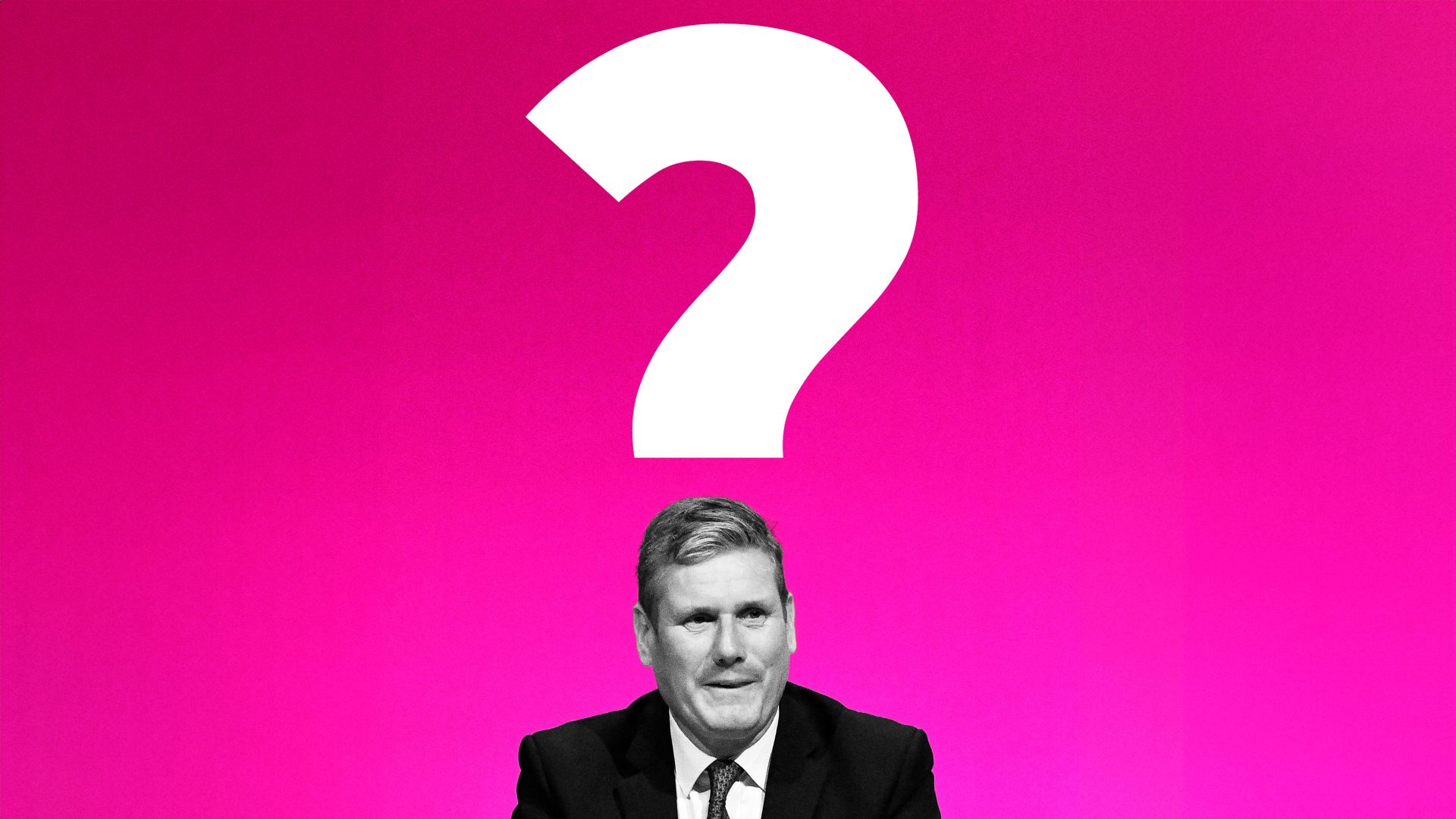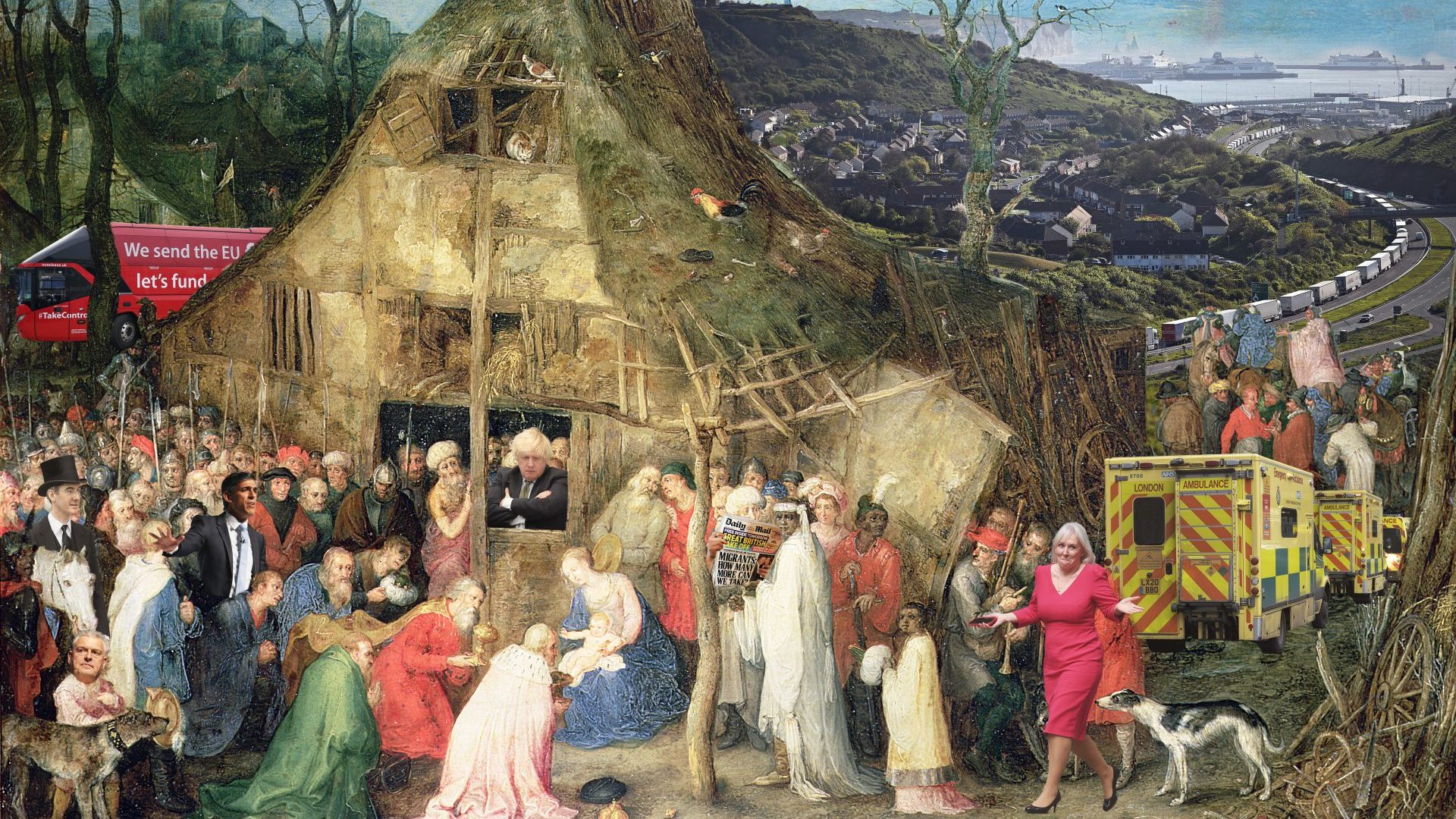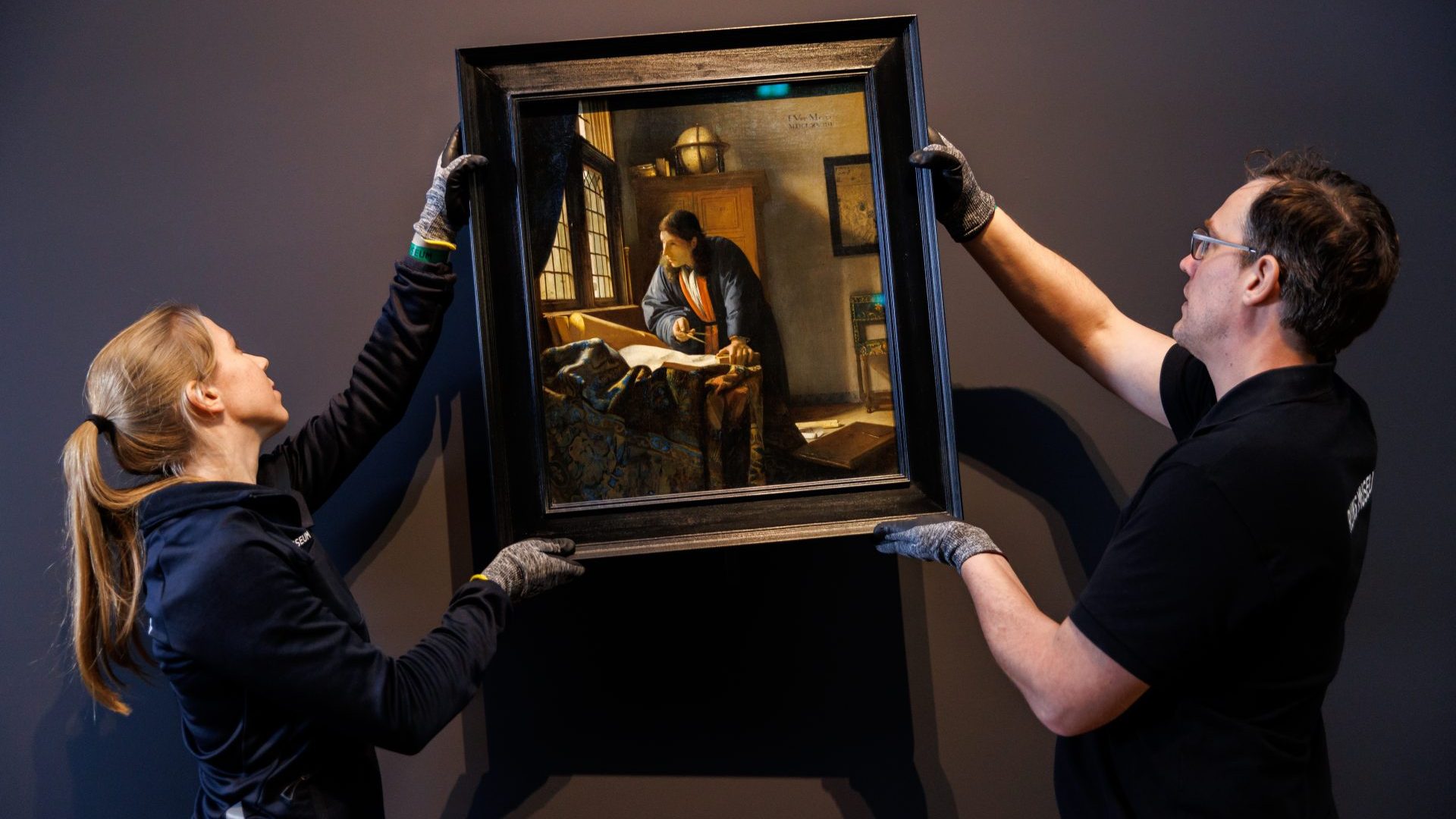If Keir Starmer is anything, then he’s a lucky general – things outside of his control seem to have a habit of falling his way.
He has a dream opponent in Rishi Sunak, a prime minister of last resort for those who put him into No 10 as the only means of handling the crisis caused by their first choice, Liz Truss. The government is constantly pushing immigration – an issue its core voters think they’re failing on – to the top of the media agenda, just as voters want to talk about the economy and the cost of living. The constant scandals of backbench Conservative MPs give him a steady stream of by-elections, most of which he’s winning.
This, and much else, gives the impression that Keir Starmer is leading a government-in-waiting, a notion Starmer seems to be doing little to disabuse us of. Starmer is not so much doing the “hopey-changey stuff”, as Sarah Palin (remember her?) once dismissively described the Obama agenda, as trying his best to make his party look competent and credible.
There is, however, an issue with all of this. Labour is putting a lot of effort into looking ready for government – but there are increasing doubts as to whether there is real substance to what Starmer has to offer, or if it’s just spin.
On paper, this version of the Labour Party looks as if it has many of the right characteristics to hit the ground running once in office. Despite being out of power for 13 years, it has prominent frontbenchers who have been in the cabinet – including Ed Miliband and Yvette Cooper. Starmer himself would be the most senior civil service official ever to become prime minister, even if his role as the Director for Public Prosecutions is not exactly a standard civil service job.
Moreover, Sue Gray – the consummate civil service insider – is now Starmer’s chief of staff, and is leading an operation within the party to prepare for government. There have been sessions for prospective ministers on how to work with civil servants, and similar preparations, taking place already.
So far, so prepared. The problem is that many within the Labour Party and its orbit feel as if the opposition still doesn’t have any real idea of what it will actually do should it go into government. You can practise credibility and delivery as much as you like, but eventually you do have to decide what you want each department to be trying to achieve.
Part of this is trying to get policies for the manifesto, something to offer the voters. Oppositions rightly don’t want to reveal too much of this stuff too early, for the simple reason that if you have a good and affordable idea the government might well just steal it from you and get it done – rightly knowing that voters don’t care who does a good thing, so long as it gets done.
That means there’s a balancing act as to what you will declare. But there is an unusual level of doubt even around the handful of things on which Labour has already declared its hand. There is uncertainty about how committed Starmer is to Miliband’s flagship policy, to offer £28bn a year in green government investment by the end of the next parliament – essentially a Green New Deal for Britain.
This has been announced, it has been referred to many times, and yet there are constantly questions as to whether the figure will appear in the manifesto, whether it will be fudged, or whether it might be walked back even further.
Labour is similarly committed on paper to a quite wide-reaching overhaul of workers’ rights, reversing various restrictions the Conservatives have placed on trade unions, abolishing zero-hours contracts, and extending protections to more workers.
Labour’s deputy leader, Angela Rayner, has promised these will be introduced in the first 100 days of a Labour government, but ministers and unions alike seem a little unsure as to what will be delivered.
Planning reforms are a keystone of Starmer’s hopes to boost UK productivity (and so economic growth, and in turn, he hopes, wages), but whether the idea will actually be implemented is not known.
There is one very solid sign that Labour is not as ready for government as it appears, and it is hidden in plain sight. Towards the end of a government’s term, the opposition has the right to request access to civil servants, to help them prepare for the agenda of a new government.
Those meetings generally involve the shadow ministerial team setting out two or three things that the government would want to do in that department in its first year or two. The shadow ministers can ask questions, but civil servants are not supposed to spontaneously offer advice – they are, essentially, in “listening mode”. Everything that is said in those meetings is confidential: it cannot be passed on to serving ministers.
The timing of these meetings varies, as it is triggered by the leader of the opposition asking the prime minister to allow them to begin, and the PM has to grant permission. But in previous parliaments heading towards the end of their five-year terms (think 1996 and 2009) those talks had started 15 months before the last possible date of an election.
Fifteen months before the last possible date of an election was last October, and the talks still haven’t begun. They now seem vanishingly unlikely to start before January. When asked, the blunt answer given off the record by some sources within Labour is that the party just doesn’t have the two or three policy areas to give the civil servants yet – there’s nothing to prepare for.
Labour’s clearest message is that it thinks the state of public finances is dire, and it won’t be able to just turn on the spending taps. That message has got through, but it does not make a plan for government.
At some point, Labour needs to know what it would do differently to the current government – and there are rumblings of consultants being brought in by the think tank Labour Together and others to help that scrabble. Starmer may be a lucky general, but luck is a fickle mistress and can run out with little warning. At some stage, he’s going to need a battle plan, too.




